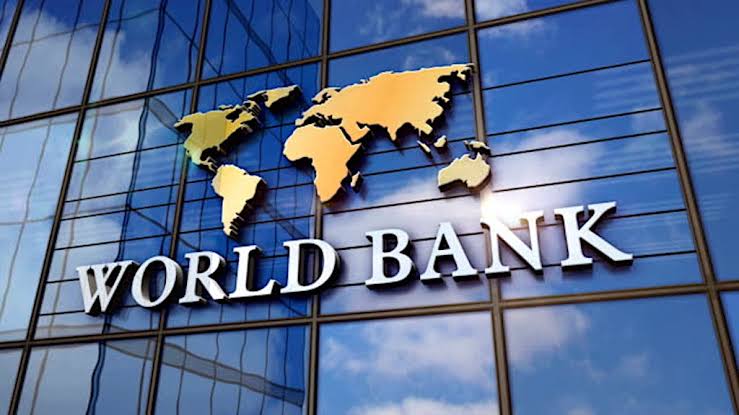The World Bank has announced a restructuring of the Nigeria Digital Identification for Development (ID4D) project to ensure the full disbursement of the $430 million pledged by its financiers. This move comes as the French Development Agency (AFD) and the European Investment Bank (EIB) threatened to withdraw their funding if the World Bank ceases to be the project’s lead implementor after June 30, 2024.
Originally approved by the International Development Association (IDA) in 2020, the financing plan allocated $100 million from AFD, $215 million from the EIB, and $115 million from the IDA. With the co-financiers’ ultimatum, the World Bank extended the project’s closing date by two years to June 30, 2026, to maintain continuity and safeguard the progress made so far. “The extension is crucial to meet the increasing demand for an inclusive and trusted digital ID system, enhancing transparency, efficiency, and the effectiveness of governance and public service delivery in Nigeria,” the World Bank stated.
Despite aiming to issue 148 million National Identification Numbers (NIN) by June 2024, Nigeria has missed several technical benchmarks. Component 2 of the project, focused on establishing a robust foundational ID system, faced significant setbacks. The Automated Biometric Identification System (ABIS), which processes biometric data, is nearly at full capacity with 80 million records and needs expansion to accommodate 250 million enrollments, reflecting Nigeria’s population of 210 million. The necessary system upgrade is expected to be completed by March 2025.
The restructuring allows the project to adapt to the latest realities and priorities of the Nigerian government. Due to limited timelines, several activities under subcomponent 2 will be canceled. These include building links with digitized civil registration, conducting and financing a capacity assessment and institutional mapping of the National Population Commission, creating a national civil registration database interoperable with the NIMS, and developing new mechanisms for continuous digital birth registration with NIN generation. Funding for these activities will be redirected to developing a new national identity management system (NIMS). Furthermore, indicators related to registering Nigerians for NIN abroad will be removed, as the government prioritises domestic issuance to ensure access to services for the poor and vulnerable.
According to Nairametrics, the World Bank has disbursed $45.5 million, about 10.5 per cent of the total project cost. The Bank noted that one of three conditions necessary for full disbursement remains unmet. The first condition, a data protection law and the establishment of a data protection commission, was achieved in June 2023. The second, improvements to the NIMS, was met in March 2024. The final condition, amending the NIMC Act to promote an inclusive and non-discriminatory legal framework, is pending with the National Assembly.
Launched in 2020, the ID4D project aims to increase the number of Nigerians with a national ID number issued by the NIMC to facilitate access to digital services. Initially set to close on June 30, 2024, the project has been restructured due to missed targets, including issuing NINs to 148 million Nigerians, with specific goals for women and children under 16, developing pro-poor services, NIN enrollments in rural areas, and training government personnel in best practices for foundational ID, privacy, and data protection.





